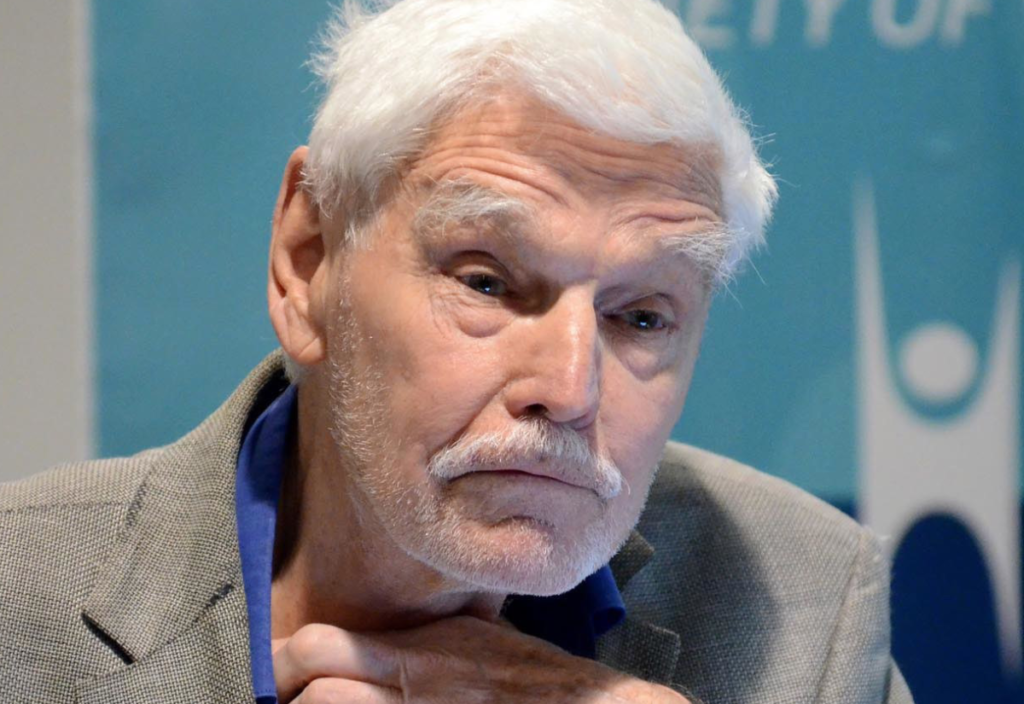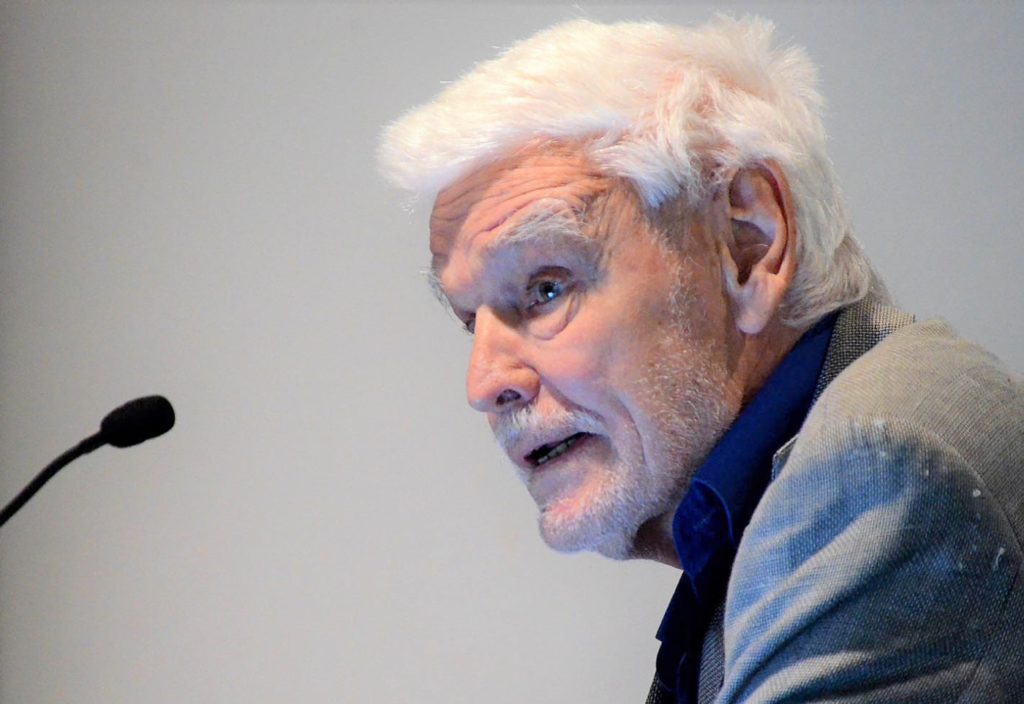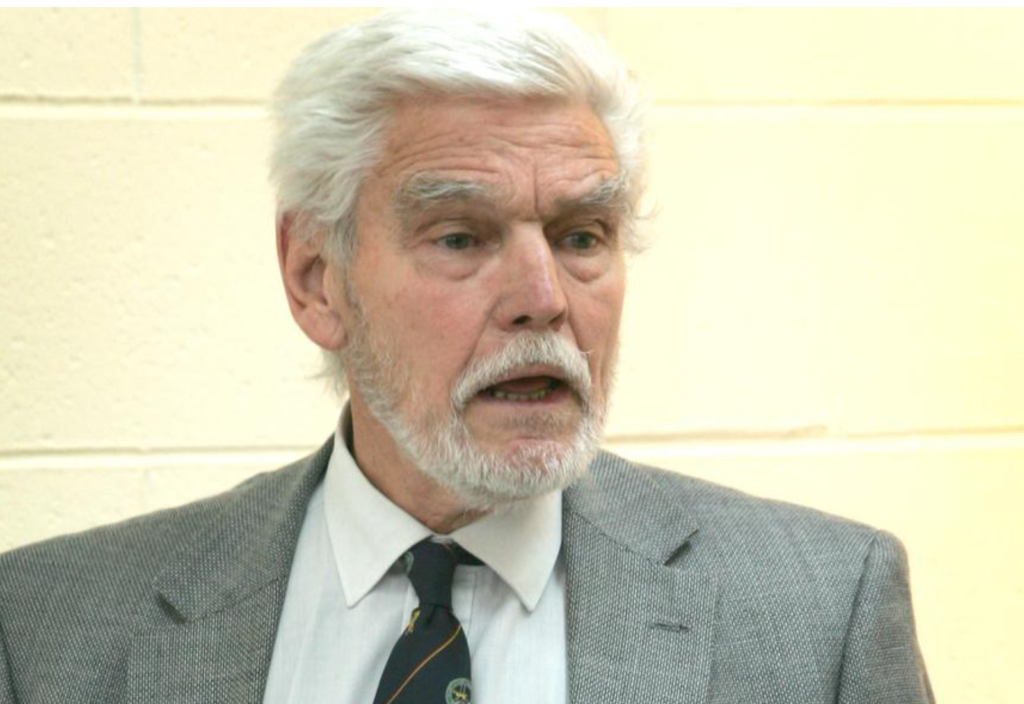In June 2005, royal assent was given to the Criminal Code Amendment (Suicide Related Material Offences) Bill 2005. This ushered in new offences under the Criminal Code Act 1995 involving use of a telecommunications network or ‘carriage service’ (the internet, emails, mobile and fixed telephones, faxes, radio and TV) to access, transmit or make suicide-related material available on the internet.
Years before, the director of Exit International, Dr Philip Nitschke, had provided material for the terminally ill on suicide methodology on the internet, and concerns were later raised over the emerging issue of ‘cybersuicide’.
‘Cyberbullying’ and related suicides including ‘suicide pacts’ had become a recognised problem, especially amongst the teenage demographic who were assumed to be more susceptibe to internet influence. Hence, the amendment was legislated.
In November 2017 the Victorian parliament passed the Voluntary Assisted Dying Bill 2017. Following the implementation of the practice in June 2019, it was suggested that voluntary assisted dying (VAD) was a form of suicide and, as such, the interpretation of Commonwealth laws might prevent use of carriage services for VAD consultations.
Victorian doctors were specifically instructed by the state’s health minister that they were not to use a carriage service during the provision of VAD services.
It is notable the word ‘suicide’ does not appear in the Victorian Voluntary Assisted Dying Act 2017. The Act does, however, state that the death must be registered by the Registrar (Registry of Births, Deaths and Marriages), and that details of the death must record: “the cause of death as the disease, illness or medical condition that was the grounds for a person to access voluntary assisted dying.” In other words, the cause of death recorded is not suicide, but the underlying illness.
Equivalent acts in all other Australian states have made specific reference in their legislation that VAD is not suicide or that such deaths are not suicide for purposes of law of the state. It must be noted, however, that Commonwealth legislation has the capacity to override state law.
Many participants criticised the burden this requirement placed on doctors, pharmacists and patients, particularly patients in rural and remote areas – a burden exacerbated during the epidemic lockdowns in 2020.
Doctors spoke of the immense challenge thrust upon very sick patients to travel vast distances – sometimes for hours at a time, and on several occasions – to meet the mandatory eligibility assessments.
Some also noted the greatly increased workload imposed upon already overworked doctors, who were often also forced to travel long distances to consult with patients.
There may be a general consensus that the first contact between the coordinating doctor – the GP – and the individual seeking VAD should be face-to-face, but that, thereafter, telephone and other ‘carriage’ services may be all that would be required. Telehealth contact may suffice in many cases for information required by the consulting doctor – the specialist.
Dying With Dignity Victoria has been informed that many doctors consider they cannot provide the services required if they do not use telephone or audio-visual means. And, so, in the best interest of their patients’ needs they have had little alternative other than to ignore the ban, at peril of prosecution.
The terminally ill who live in rural areas have been denied equity of access to this end-of-life choice. Many feel discriminated against with their inability to consult with VAD providers due to the small numbers of rural doctors and especially specialists in regional areas. The ban on telehealth consultations compounds this situation.
It might suffice for each state’s VAD legislation to include the statement that VAD is not suicide. But that leaves open the very real possibility that overriding federal legislation could be enacted, and doctors prosecuted.
A much better solution is for a decision to be made at the federal level. Hence, VAD advocates seek legislative change. The Commonwealth could and should update the Crimes Act amendment and state that the law is not applicable to VAD, as it is not considered suicide.
If you wish to republish this original article, please attribute to Rationale. Click here to find out more about republishing under Creative Commons.
Photo by Alex Proimos on Flickr.














